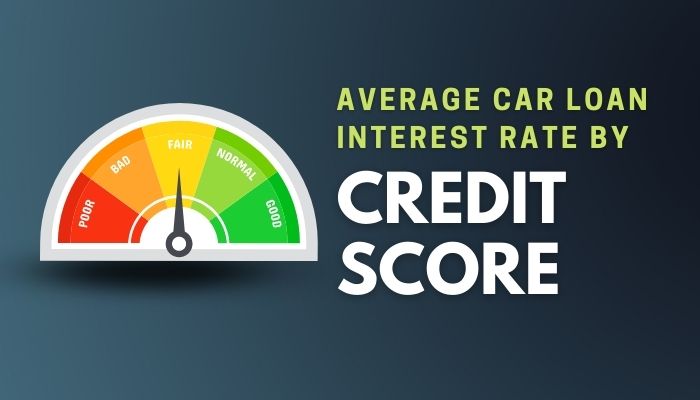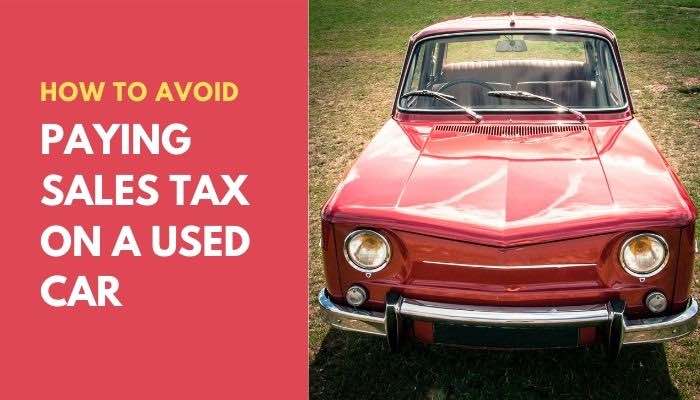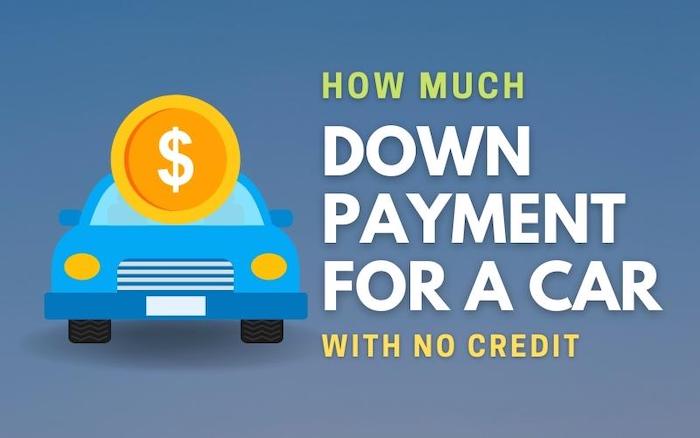How Can I Return Financed Car Without Penalty?
Since early 2020, Corona Virus has brought interruptions into our lifestyles. The pandemic has normalized wearing masks, working from home, and not meeting friends and relatives every other day. It has also brought about economic pain as businesses close temporally or permanently. Many people have lost their jobs while others are surviving on half-pay, which has made it impossible to meet their financial obligations. If you are one of those affected financially by the pandemic and are falling behind on your auto loan, you can take the initiative and return the vehicle to the dealer.
Returning the vehicle to the dealership is voluntary repossession. Failure to make your monthly payments will make the dealership repossess the car, which acts as the loan’s security. You do not have to wait until the dealership takes away the vehicle, which can happen anywhere at any time. You can avoid the inconvenience and embarrassment that comes with your car taken while you are doing shopping by voluntarily taking it back to your dealer. We will help you understand how can I return the financed car without penalty and things you should know before surrendering the keys.
What Is Voluntary Repossession?
If you ask how I can return the financed car without penalty, the answer is involuntary repossession. It is taking back your vehicle to the lender when you can no longer make payments. Most dealerships have a clause that allows buyers to return the vehicle when they can no longer afford the monthly payments. You should contact the lender and give a formal notice that you will no longer make payments and you want to return the car. The lender will then give you a location where you should take the vehicle and turn over the keys.
Since the process is voluntary, you will not have to deal with a repossession company. You will request and arrange how you will return the vehicle, eliminating the inconveniences and costs that come with a forceful repossession. The lender will then sell the car and use the amount to clear your loan. If the car’s worth is less than your balance, you will have to look for ways to clear the balance.
Why Return a Financed Car To The Lender?
Before we look at how I can return the financed car without penalty, we look at why you should not wait for the lender to repossess the vehicle. Returning the vehicle to the lender eliminates the chaos and costs of dealing with an inconsiderate repossession firm. The repossession agents can collect the vehicle at any time, whether you have gone shopping or to pick children from school. The agent will not wait for you to complete your chores to take the vehicle away and will not mind who is watching as they repossess the vehicle. Imagine the inconvenience and worry it would bring if you are told to get out of the car with your family in the middle of nowhere.
The repossession agent will use GPS to track and locate your car, which means they can take it back when they deem fit. Voluntary repossession gives you peace of mind as you are sure that you will not be stopped in the middle of the road by an agent. It also allows you to return the vehicle when you are comfortable. Voluntary repossession gives you time to make the necessary arrangements to avoid disruptions to your day-to-day activities. Furthermore, returning the vehicle is less harmful to your credit score than a forceful repossession, as it is usually indicated differently on your history.
How Can I Return Financed Car Without Penalty?
Although almost all people are confident of meeting their financial obligations when applying for an auto loan, anything can happen and make it impossible to continue making payments. A job loss or a disease can make financing a car beyond your budget. It is always good to ask your dealer what will happen if you cannot make your monthly payments halfway through the contract. Most dealerships include a clause that allows buyers to return the vehicle if they can no longer afford the payments without attracting a penalty. If you are wondering how can I return financed car without penalty, you should take the following steps:
- Review your loan contract – Some dealerships allow buyers to return a financed car and cancel the agreement without attracting a penalty within a specified period. Check to find whether you are within the period you can return the vehicle without attracting a penalty. The period you can return the car without a penalty varies among lenders, with some offering a few days while others allow several months. If you cannot find the clause in your contract, you should contact the lender and ask about how you can return the vehicle.
- Notify the involved parties – Contact the right parties depending on the clause on your contract. If the dealer is not the financier, you should notify both the dealership and the lender about your intention to return the vehicle and cancel the loan. Also, indicate the date and time you will return the vehicle.
- Return the car in good condition – The fact that you are voluntarily returning the vehicle does not mean you are not responsible for damages and excess mileage. We recommend that you clean the vehicle and get mechanical repairs fixed before returning the vehicle. The dealership expects you to return the vehicle in good condition. Excessive mileage and damage will attract fines or make the dealer refuse to accept the car.
- Pay the balance – Your obligation for the auto loan does not end with returning the vehicle. The lender will sell the car and use the amount to clear your balance. Keep in mind that you are responsible for the balance if the amount from your car sale is not adequate to settle the loan. You may also be responsible for other fees like early termination fees, depending on your contract. You can use your savings to clear the balance or apply for a personal loan.
Does Voluntary Car Return Affect Your Credit Score?
Yes. A voluntary car return is a loan default, and it will appear in your credit report but differently than a forceful repossession. The return will likely appear on your credit report as a voluntary surrender instead of repossession, which could be more damaging to your report. Voluntary repossession will negatively affect your scores, which can affect your ability to qualify for a loan in the future.
What Are The Alternatives To Voluntary Repossession?
Surrendering a financed car to the lender is a less complicated way to use when you are no longer able to make your monthly payments, but it negatively affects your credit score. You may also be required to pay a cancellation fee, which adds to your financial responsibilities. It is also worth noting that a voluntary repossession is a permanent decision, which is not advisable if you are experiencing a short-term financial crisis. If you are not sure that returning a financed car is the best decision, we recommend that you consider the alternatives that might have less effect on your credit score. Some of the alternatives that you should include:
1. Lease swap
Look at your lease contract to find whether you transfer the lease to another person. A lease swap makes it possible to get rid of your car without negatively affecting your credit score. You should talk with friends and relatives to find an individual willing to take over your payment. You may also consider lease swap sites like leasetrader and swapalease to find people looking for a lease deal. A lease transfer works for both parties. It allows a buyer to own a car without putting a down payment. It also enables the buyer to purchase a relatively new car without paying the depreciation cost. However, some lenders require the new leaseholder to meet the minimum requirements for a new lease.
2. Trade-in
If you have paid most of your monthly payments, trading in the vehicle can be a good alternative. Trade-in is a good option if the balance you owe the lender is less than the car’s value. You may also consider it if the balance is nearly equal to the vehicle’s amount. You should avoid trade-in if you have negative equity on your loan. The lender will roll over the balance into your new loan and put you more upside down. If the loan balance is less than the car’s value, you have positive equity that you can use as a down payment on your next car. We recommend that you choose an affordable car for a trade-in to avoid future financial difficulties.
3. Sell your car to a private buyer
With people working from home and children learning remotely due to the Corona pandemic, you do not have to keep paying for a car that you no longer use. Selling the car might be a better option if you have already paid for much of the loan. You will not only stop paying the monthly lease payments, but you may also make a profit from the vehicle.
4. Refinance your loan
Refinancing your car is a feasible alternative if you would like to keep the vehicle. Voluntary repossession, trading in, and selling to a private buyer involves getting rid of the car, which is not ideal if you like to keep the vehicle. Refinancing the auto loan allows you to negotiate lower monthly payments for a prolonged payment period. It is a good option if your monthly payment and depreciation cost has evened off, which means you are paying for the principal amount. You may also consider refinancing if you can qualify for a lower interest rate. People with bad credit attract high interest rates. You may qualify for a lower interest rate if you have improved your scores.
5. Consider a cheaper car insurance policy
You can ease your financial burden by switching your insurance cover to a cheaper provider. Use online insurance comparison tools to help you compare the costs and benefits of every provider. You can also take advantage of discounts offered by insurance companies when you switch. Alternatively, you can adjust your insurance coverage to include essential protection. You do not have to pay GAP insurance if your loan balance is less than the car’s value. You may also opt for usage-based insurance policies that use mileage and driving habits to calculate your monthly premiums.
6. Talk to your lender
Since Corona Pandemic is a global problem, some financial lenders have solutions to help their hardest hit customers. We recommend that you contact your lender and explain your situation. Some companies offer a few month’s payment holiday to their best customers while others allow half-payments for several months. Talk to your lender to find out how they can help you.
Conclusion
Corona Pandemic has led to business closures, which has led to job losses and financial difficulties. If you are no longer able to meet your financial obligations, you should consider returning your financed car to the lender. It helps you avoid inconveniences and costs of repossession.
Frequently Asked Questions (FAQ)
Can You Return A Financed Car Without A Penalty?
Yes. It is possible to return a financed car without a penalty, but it depends on your contract and the lender. You should review your contract to find whether it is possible to return the vehicle without a penalty.
How Long Does A Voluntary Surrender Stay On A Credit Report?
Although a voluntary surrender is better than repossession, it works like any other loan default. It will stay on your credit report for seven years and negatively impact your score.
Is Returning A Financed Car A Good Idea?
It depends on your situation. It can be a good idea if you are no longer interested in keeping the vehicle, and you will not pay the penalty. However, other alternatives can help you overcome your financial problem and offer better value on your investment, like trading in or selling to a private party. You may also go for alternatives that allow you to keep the vehicle, like refinancing.




